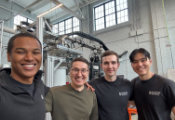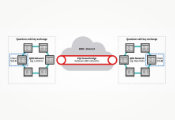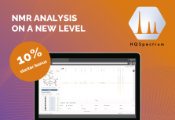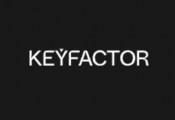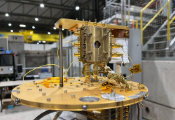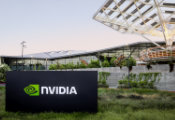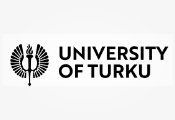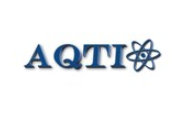In Production: Ford Otosan Deploys Vehicle Manufacturing Application Built With D-Wave Technology
PALO ALTO, Calif. AND GÖLCÜK, Turkey, March 31, 2025 -- D-Wave Quantum Inc. (“D-Wave” or the “Company”), a leader in quantum computing systems, software, and services, and Ford Otosan, a joint venture between Ford Motor Company and Koç Holding in Turkey, today announced that the vehicle manufacturer has deployed a hybrid-quantum application in production, streamlining manufacturing processes for its Ford Transit line of vehicles. The application, which uses D-Wave’s annealing quantum computing technology, has improved vehicle production sequencing at Ford Otosan, a powerful demonstration of quantum computing’s real-world impact in automotive manufacturing.
Ford Otosan is the global leading manufacturer of Ford Transit line of vehicles, including passenger vans, which are among the most customizable commercial vehicles available, with more than 1,500 variants in production. This model variability presents manufacturing efficiency challenges because producing identical products consecutively is significantly more productive than frequently adjusting for custom specifications. Sequencing these vehicles is a highly constrained optimization problem, as it requires maximizing throughput and adhering to physical and workforce constraints of the body shop, paint shop, and assembly line.
Ford Otosan collaborated with D-Wave to simplify elements of its manufacturing processes, including the optimization of its production sequencing. By leveraging D-Wave’s hybrid solvers available through the Leap™ quantum cloud service, Ford Otosan reduced the scheduling time of 1,000 vehicles per run from 30 minutes to less than five. Moreover, D-Wave's annealing quantum computing solution offered more flexibility for the manufacturer to adapt to changes in demand or auto part availability, maintaining productivity without disruption.
“It is imperative that Ford Otosan maintains the highest standards of production processes and efficiencies to meet customer demand,” said Ziya Dalkılıç, data scientist at Ford Otosan. “Working with D-Wave’s technology, we’ve built and now deployed a quantum optimization application that goes beyond what we were able to achieve with a purely classical computing approach.”
“Production scheduling demands meticulous planning and agile responses, and classical computing methods can often struggle to keep up with the manufacturing industry’s growing scale and complexity,” said Dr. Alan Baratz, CEO of D-Wave. “For manufacturers on the leading-edge of innovation—such as Ford Otosan—D-Wave’s quantum computing technology has proven capable of finding better solutions to complex, real-world problems than classical computing alone. We’re thrilled to see this application move into production and help Ford Otosan realize the powerful benefits of quantum.”
By reducing workload imbalances, Ford Otosan aims to minimize the frequency of unplanned maintenance, ensuring a more stable production process. Optimizing longer schedules can also help mitigate supplier uncertainties and reduce supply delays. As a result, Ford Otosan anticipates increasing peak production throughput of vehicles per hour, effectively reclaiming lost manufacturing time and achieving efficiencies not possible through classical computing alone. Ford Otosan also plans to activate quantum scheduling in additional body shops and extend its optimization benefits to other processes, including its paint shops, assembly lines, and buffer zones.

